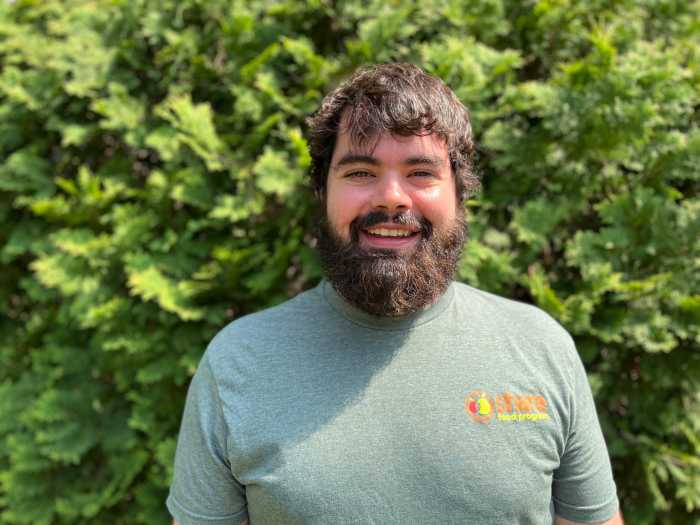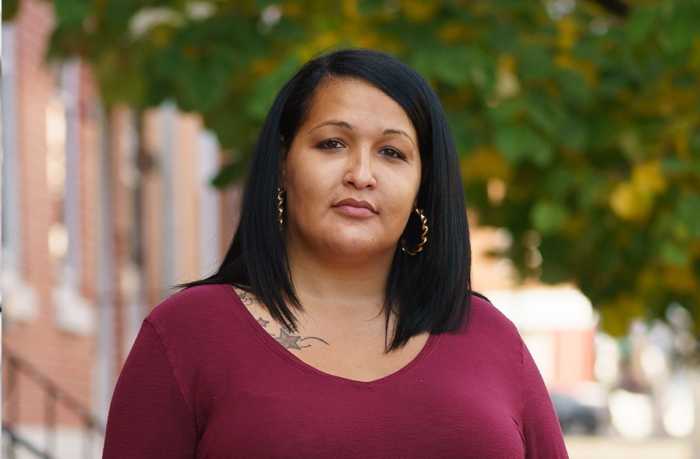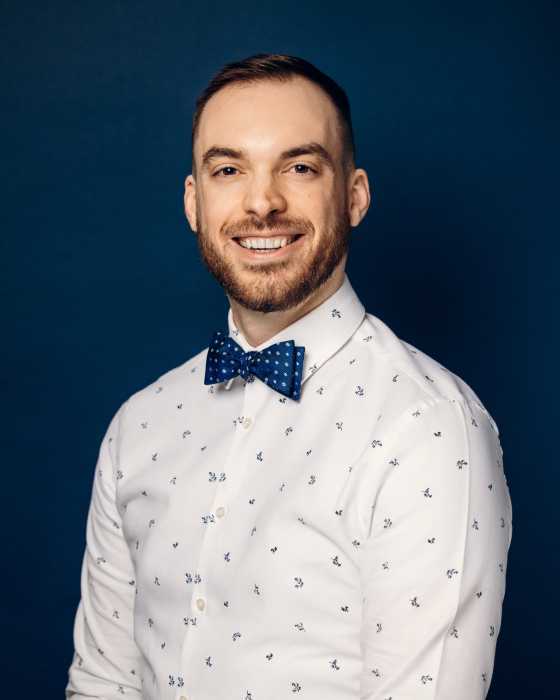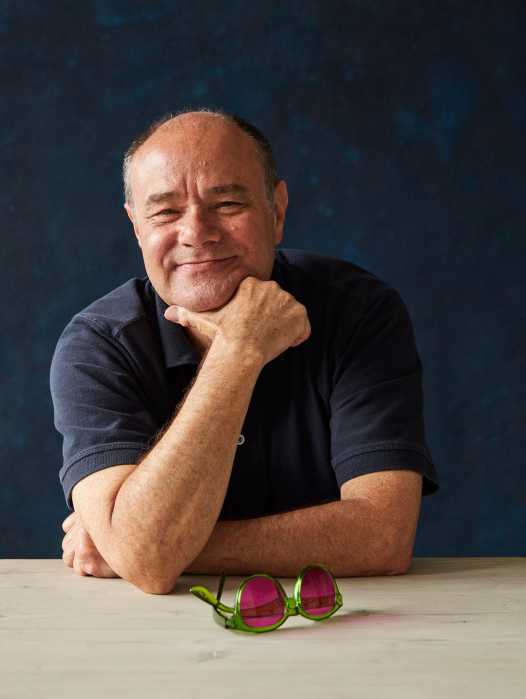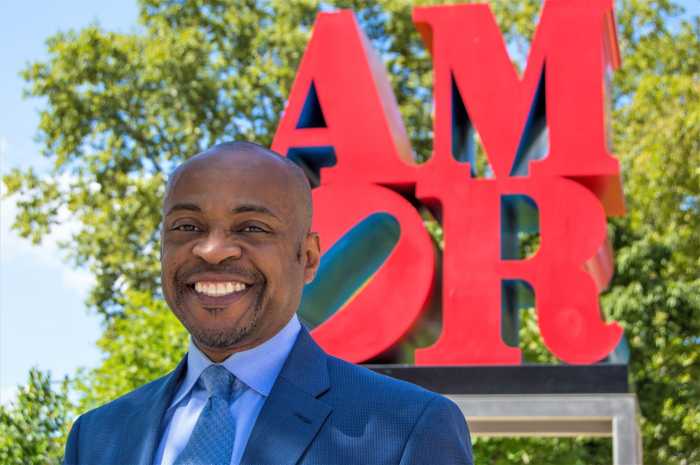Steven Preston (he/him) currently serves as the chief program officer at Share Food Program, the largest-serving hunger relief organization in the Philadelphia Region. Steve’s previous work includes various roles in the Philadelphia Mayor’s Office, including deputy chief of staff to the Mayor and first deputy chief diversity, equity, and inclusion officer. Before his time in the Mayor’s Office, Steve worked for various advocacy organizations and campaigns across Pennsylvania and the Northeast. Steve currently sits on the boards of the Liberty City Democratic Club and the Clean Air Council.
What is your favorite Pride month event or celebration?
My favorite Pride month event is the Pride festival! I’m very excited for this year’s Pride put on by the new Pride Collective — it’s so exciting to finally have a Pride festival that centers Black and brown trans and queer people.
What LGBTQ+ icons or activists have inspired you?
I’m really inspired by so many folks that I’ve seen on the ground doing the work for our community. People like Amber Hikes, the former executive director of the Mayor’s Office of LGBT Affairs, who added the black and brown stripes to the Pride Flag, and Deja Alvarez, who works every day as an activist and in service to marginalized communities. I’m also inspired by the folks running the PHL Pride Collective–it takes a lot of guts to step up and take on such a big event–and to do it with such a wonderful mission.
What can people and corporations do to support the LGBTQ+ community year-round, not just during Pride month?
Equity work! Supporting the LGBTQ+ community isn’t just about one community. Corporations have to walk the walk around equity all year round. That means fighting for equity for people of color, people with disabilities, and immigrants, too. For corporations–what does your pay structure look like? What does your hiring process look like? How are you mitigating bias in those situations? What does your leadership pipeline look like? How are you getting feedback from your employees? And, external to your organization, financially support nonprofits that are on the ground doing the work to fight the inequities that marginalized communities face every day.
How can businesses create more inclusive environments for their employees and patrons?
I’d say that step number one is listening. Having spaces for open and honest conversations with people who are often marginalized. Seek help from outside, too. Compensate people for the time they spend giving this feedback because it’s ultimately helping your business operate better.



